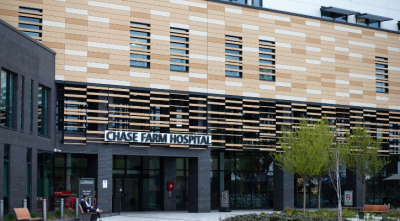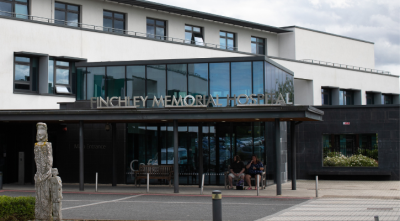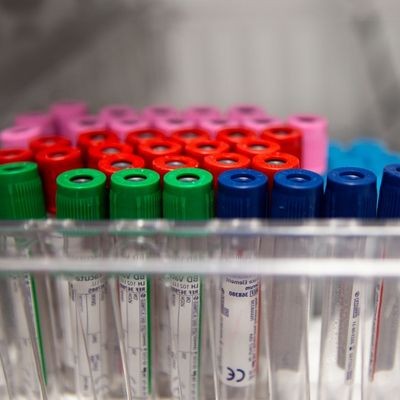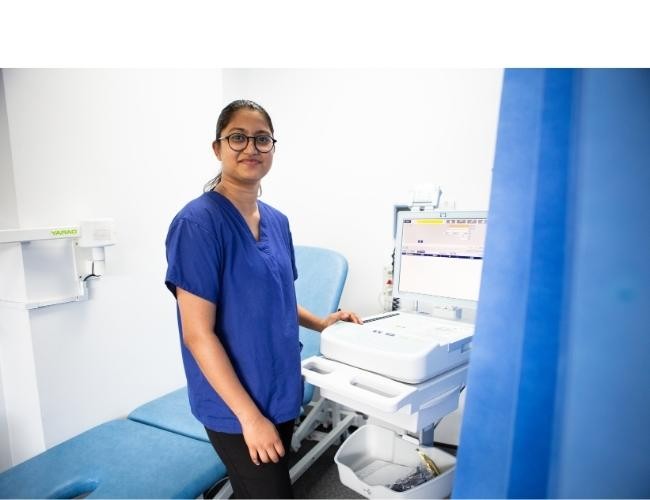Haematology is the study of blood and blood diseases including common conditions like haemophilia, which impairs the body’s ability to control blood clotting, and anaemia, which is usually caused by a decrease in the number of red blood cells.
We provide a leading range of haematology treatment, from haematology tests to diagnose blood diseases, to blood transfusions for the treatment of blood cancers and other blood disorders. We also run obstetric and paediatric haematology clinics.
Our general haematology treatment service deals with the investigation of abnormal blood counts that lead to common conditions like anaemia, low white cells and low platelets.
We also provide services for immune thrombocytopenic purpura and autoimmune haemolytic anaemia immune disorders.
Patients can be referred to our service by their GP. Referrals can be submitted via the NHS e-Referral Service.
What is anaemia?
Anaemia is the result of either not having enough red cells to take oxygen around the body, or having faulty red cells that are unable to carry enough oxygen.
The severity of anaemia is measured using a blood test looking at levels of a protein that transports oxygen, named haemoglobin, in your blood.
Referral to the clinic
When anaemia is severe, your GP can refer you to the anaemia clinic at the hospital because you do not have enough haemoglobin in your blood. This can lead to symptoms such as fatigue or tiredness. The clinic is run by the haematology team.
Anaemia clinic: a patient’s journey
If you have an anaemia clinic appointment, please watch the information video below before you visit to help you understand more about your condition and what will happen on the day of your appointment.
If you would like more information, please contact the haematology department.
 Translate
Translate






